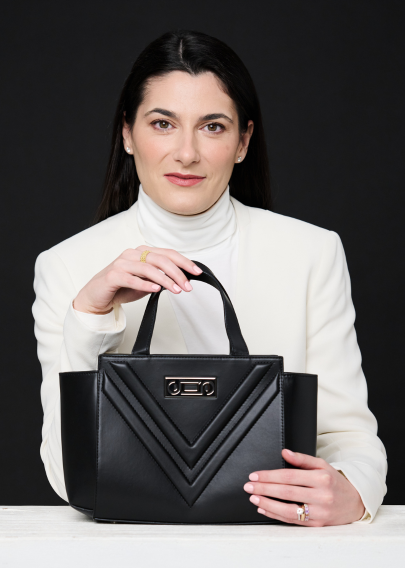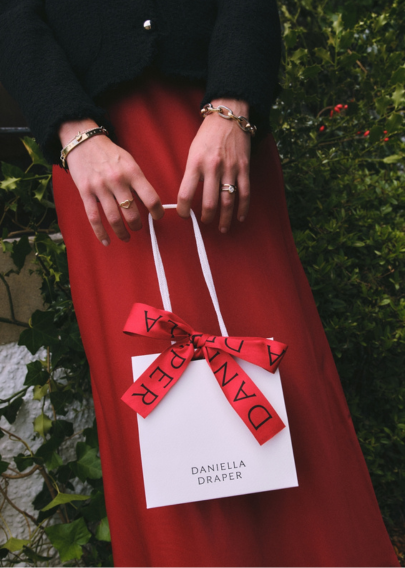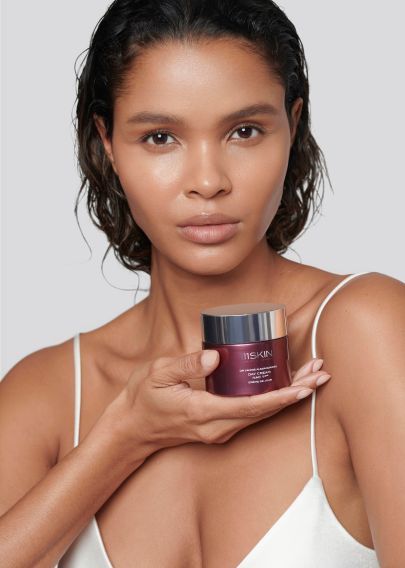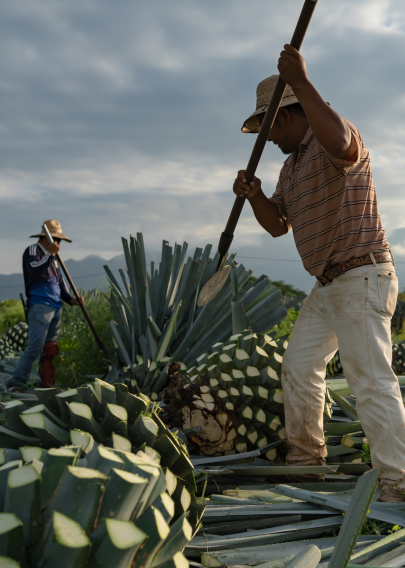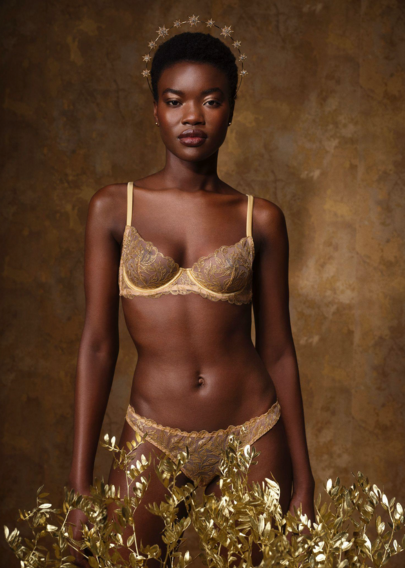Over the years, global fashion weeks have continued to be high-value earning events for brands when it comes to their marketing performance. There are now three times more touch points than there were 15 years ago, and discovering which touch points are yielding the highest ROI has become a challenge. Whilst it is important to look at the overall value earned as a result of a fashion presentation or show, it is even more important to look more deeply to determine the impact of fashion shows, which voices are generating that impact, and why. Whether this is via influencer campaigns, media mentions or owned media channels, omni-channel marketing strategies are driving fashion-focused consumers today.
However, as this new consumer arises, so do increasing demands around a brand’s accountability, transparency and values. This year, before COVID-19 became a global pandemic, we witnessed five key industry shifts that started to change the shape of fashion weeks, from an increased emphasis on diversity (on and off the catwalk) to greater consciousness around sustainability and ethical practices.
Integrating sustainability into brand communications and practices is one of the most prominent shifts that has occurred, challenging brands to re-evaluate their current practices and respond to a generation of consumers that demand a different kind of fashion industry. In fact, as illustrated by Diana Verde Nieto, co-founder and CEO of Positive Luxury, applying this feedback is quickly becoming essential for a brand as “recognising what consumers care about and listening to their feedback is an excellent resource and it can guide your sustainability strategy. Particularly for Gen Z and the incoming Generation Alpha, they will not tolerate unsubstantiated or misleading claims.”
But, how can brands do this the right way, and how can this translate to fashion week performance? Last year, Christian Dior switched up their SS20 show, by filling the space with trees sourced from France and its neighbouring countries. This was in partnership with Coloco, a group that promotes “botanical activism and ecological engineering.” Dior’s Creative Director, Maria Grazia Chiuri, stated that she had always seen a “fashion show as a way to spread a message, and this season (she) wanted to encourage people to take action.” The show aimed to prompt viewers and consumers to consider how essential biodiversity is, later donating each tree to be planted via a local conservation project in Paris. This move caused the brand’s Media Impact Value™ to increase by 57% as compared to their FW19 show – their top earning voice was media ($11.7M in MIV®), and the top media post was about the increase in green-minded shows.
Additionally, Gucci, Burberry and Gabriela Hearst all hosted carbon neutral shows, with Gabriela Hearst driving an increase of 258% in MIV® from FW19 to SS20. Although this indicates that incorporating sustainable actions as part of fashion shows strengthens the impact and value generated by the brand, it is important that these same brands are practicing what they preach to avoid ‘greenwashing’ claims. It is a case of continuously improving both the external and internal practices of a brand in line with sustainable goals in order to make a difference and retain trusting consumers.
Indicators such as Positive Luxury’s Butterfly Mark can be an invaluable resource for brands, when it comes to proving true commitment to environmental change. It can help brands effectively understand what consumers care about, allowing them to communicate in a more authentic way through a third-party validation. As the customer of tomorrow takes shape, it is clear that brands need to rethink both their marketing strategies and their internal processes in order to meet new demands and stay afloat, and sustainability is one of the many shifts we expect to see in the coming years.
To listen to Launchmetrics’ podcast with Positive Luxury, where we discuss the true impact of fashion shows and their ROI on brand performance, as well as the five key shifts taking place in the fashion industry today, click here.
If you want to connect with us and have stories to share, please email us on hello@positiveluxury.com. Stay well and stay positive.
< Back


